Let's examine what these "experts" said.
Apex Clean Energy Vice President of Public Affairs Dahvi Wilson said it’s no longer simply a matter of getting landowners to sign off on projects. Now, Wilson said, utilities need to secure public support.
“We’re increasingly before state [and] local governments, and we’re facing opponents that are very sincerely concerned about what’s coming to their communities but also misguided,” Wilson said.
Utilities are increasingly facing the deliberate spread of misinformation online about proposed projects, she said. “We’re in a lot of debate right now over what’s true.”
Wilson said regulators must now ascertain whether data are scientifically rigorous or simply pulled from a questionable webpage.
But, hey, there actually was a panelist speaking from experience... and what did he have to say?
North Dakota Indian Affairs Commissioner Scott Davis, a member of the Standing Rock Sioux tribe, led negotiations with the Dakota Access Pipeline over a two-year period. He described how he was constantly afraid of a protester’s death and listening to helicopters conducting crowd control near his home.
“Don’t underestimate the power of my people. You can tell them not to do it, and they’re going to do it,” Davis said. “Quite honestly, government hasn’t treated us very well in the decades of our existence.”
Davis said “old-fashioned” face-to-face discussions with tribal or community leaders is the best approach to introducing projects with communities, native or not. Davis also warned that treaties protect tribal land.
“[For] a lot of you that have tribes in your states, treaties are the law of the land. They’re in the Constitution. … Understanding tribes, where they’re coming from, is so important,” Davis said. “I think in this world of progress, progress, progress, what drives us — what pushes the gas pedal of progress — is trust. If you’re just rubber-stamping [energy infrastructure projects], you will have an issue.”
Wilson said the wind industry, which previously tended to submit projects quietly, hoping for little public notice, is now more transparent. She also agreed that it’s imperative for utilities to spend face-to-face time in a community.
“If the people that are fighting our projects are much more liked in the community, the community is going to believe them over us,” Wilson advised.
However, she said, it’s still a “hard sell” to convince many utilities to spend money to embed company representatives in a community to foster trust.
And what do you mean by "embed"? That sounds so subversive, so calculated, so slimy. You embed spies and mercenaries in a community as part of a propaganda campaign to slyly implant a bad idea so it becomes ingrained. It's sneaky. It's dirty. Do you really think we're going to fall for that?
Environmental Law & Policy Center Senior Attorney Brad Klein said it’s generally good practice for a utility to perform a full environmental impact analysis early in the process and thoroughly investigate alternatives to a large energy infrastructure project.
“I don’t think alternatives are appropriate in all cases, but they should be fully considered up front,” Klein said. Decisions should be made based on “full and fair information,” he said, which should contemplate new technologies, battery storage and collections of distributed resources.
Klein also acknowledged that there will be environmental trade-offs with any large infrastructure project. But utilities and regulators shouldn’t insult groups of concerned citizens, he said.
“Don’t dismiss local communities as NIMBYs [‘not in my backyard’]. That’s insulting,” Klein said. “When we lose the public’s trust, you lose the larger fight.”
What you want
Baby, I got it
What you need
Do you know I got it?
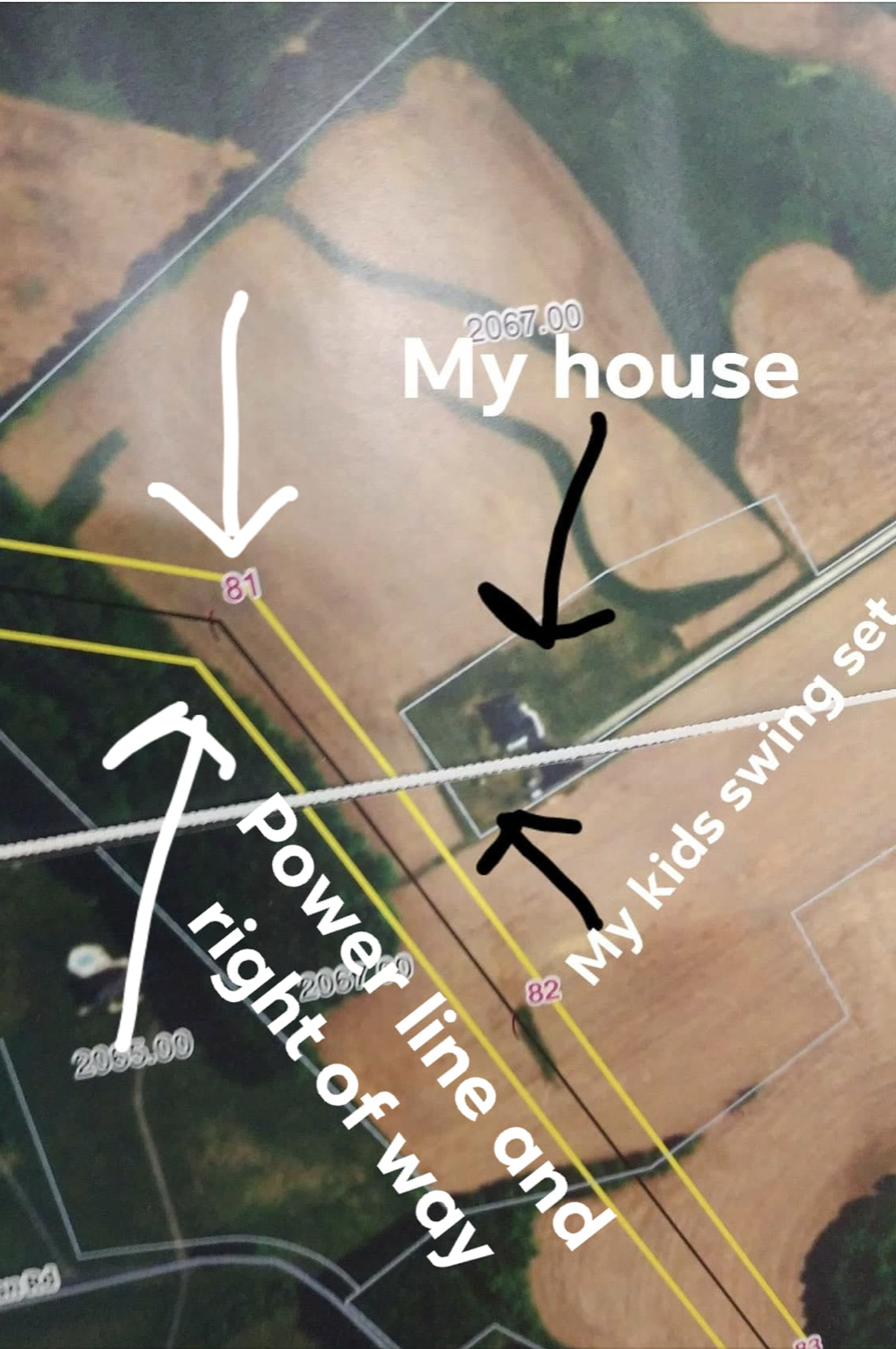
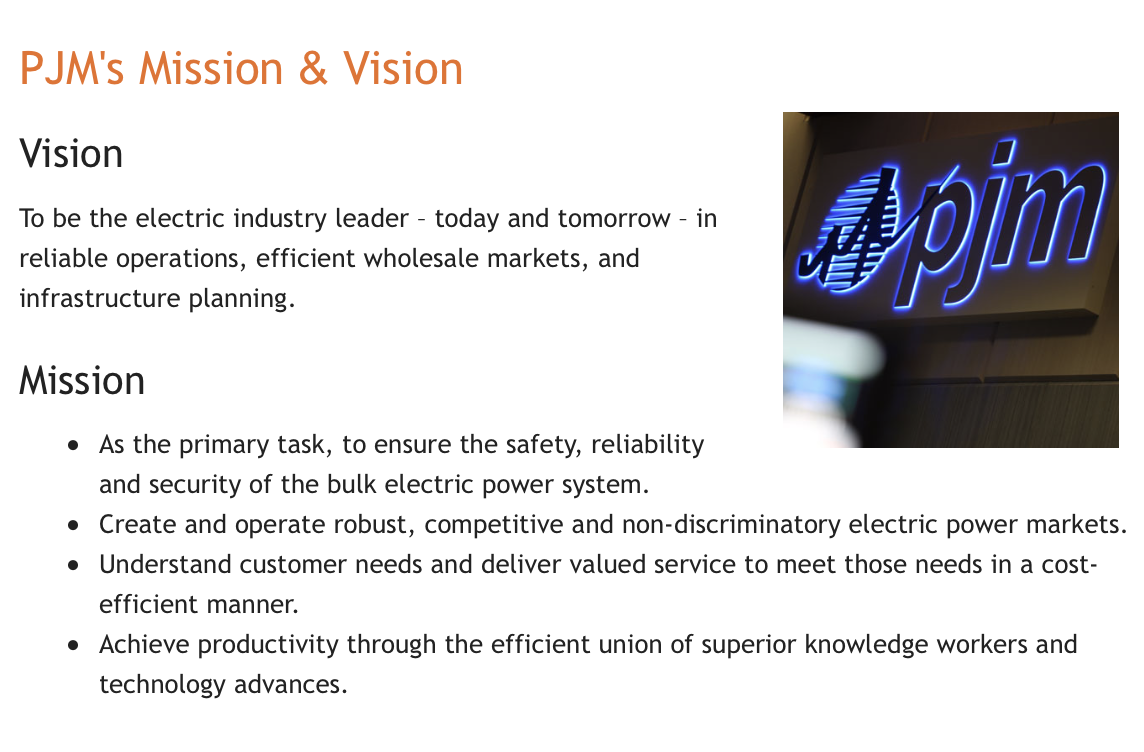
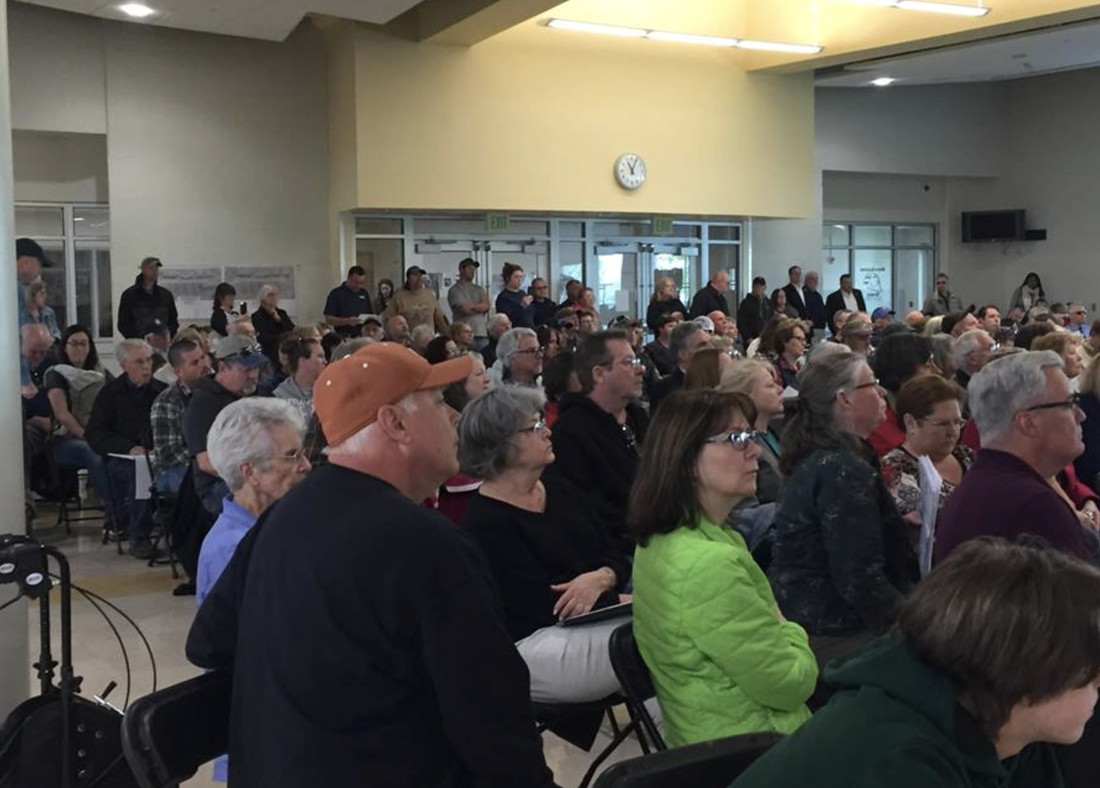
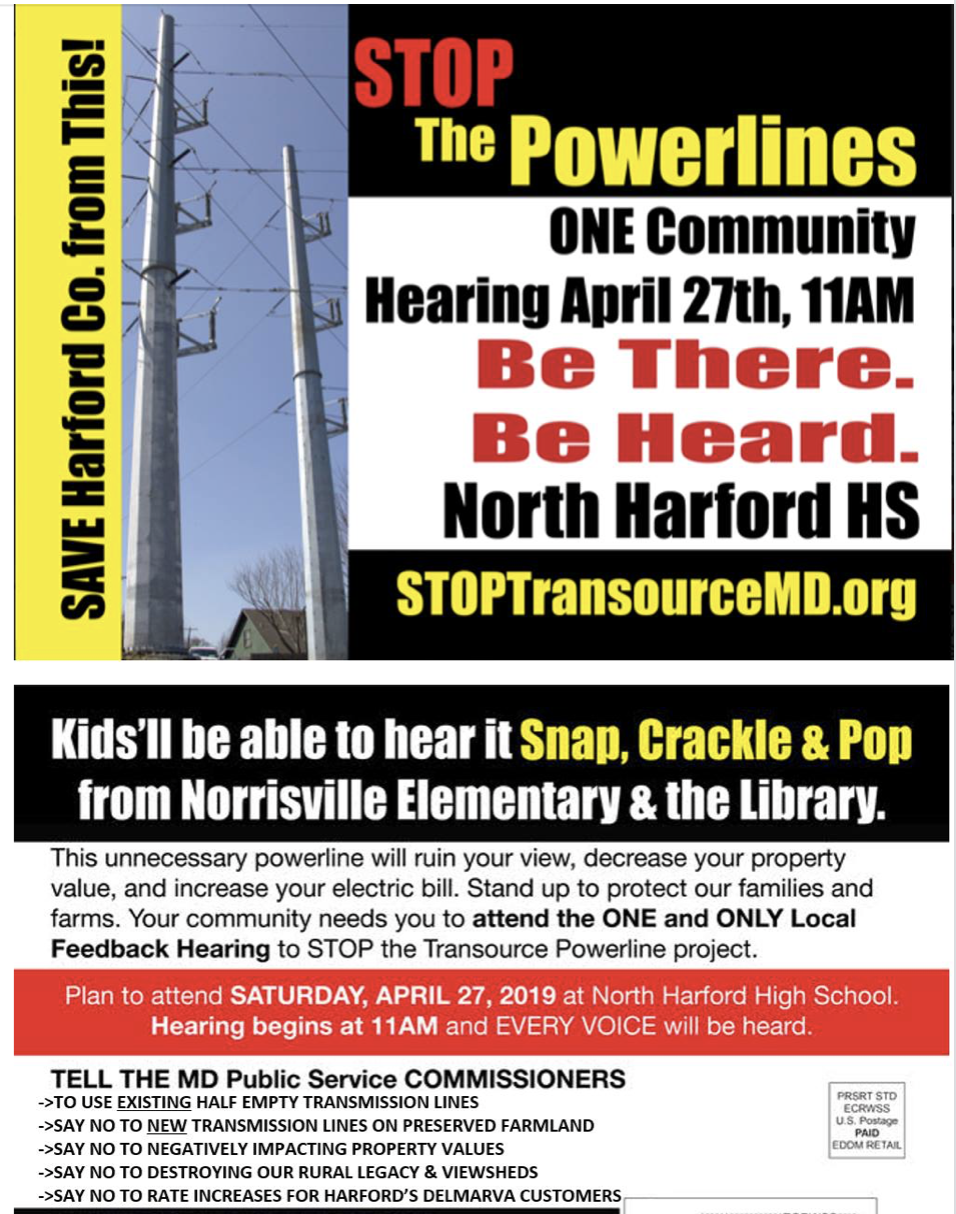
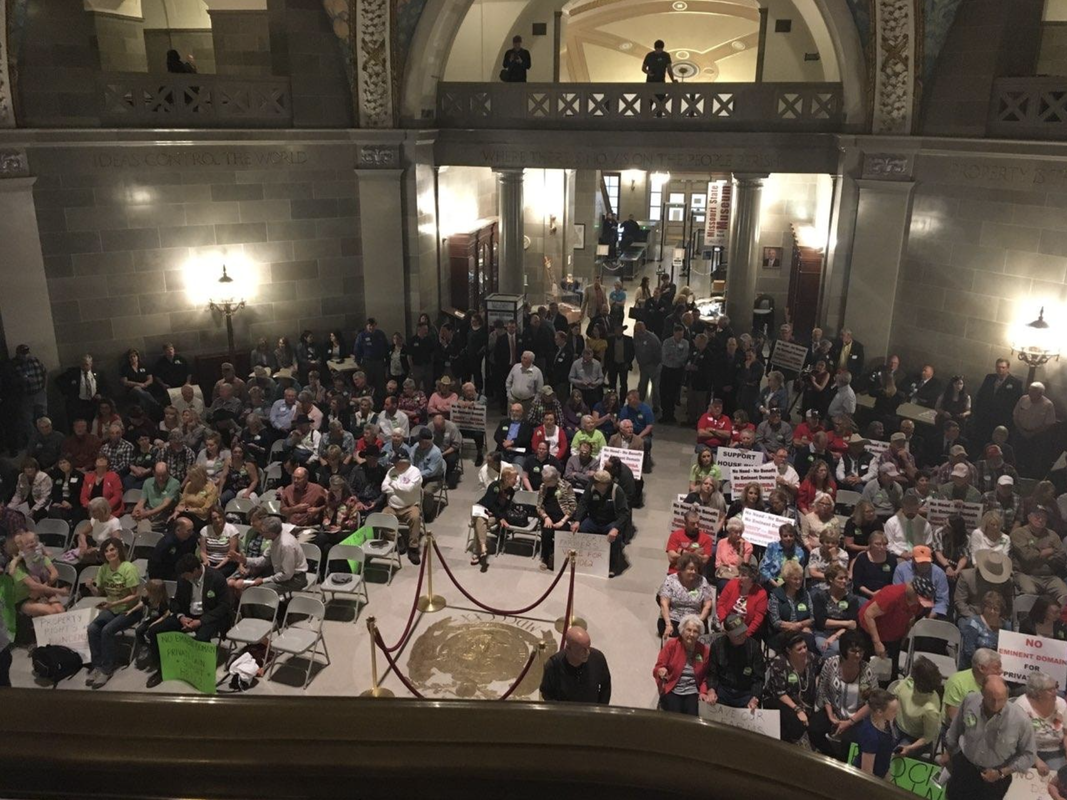
 RSS Feed
RSS Feed